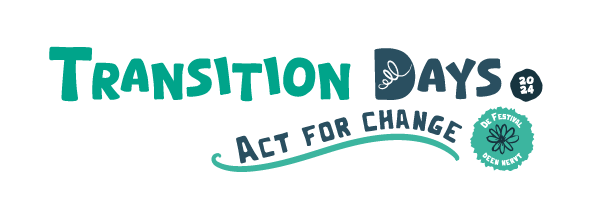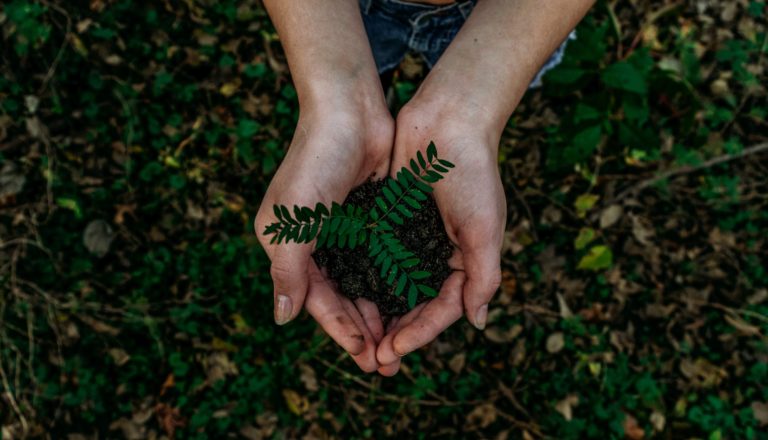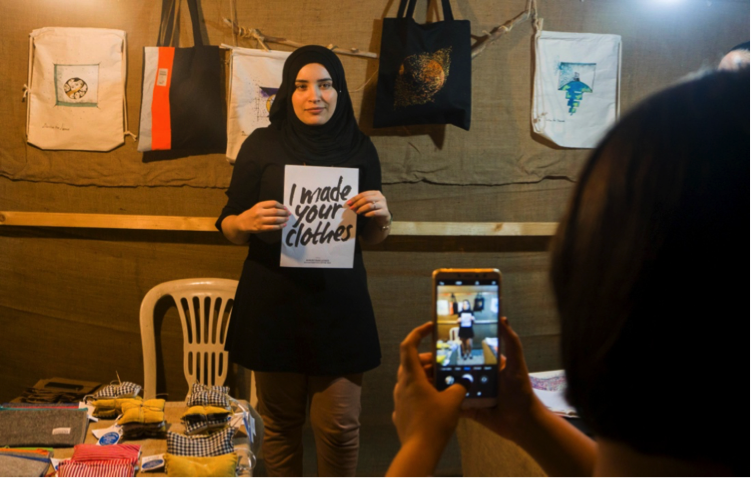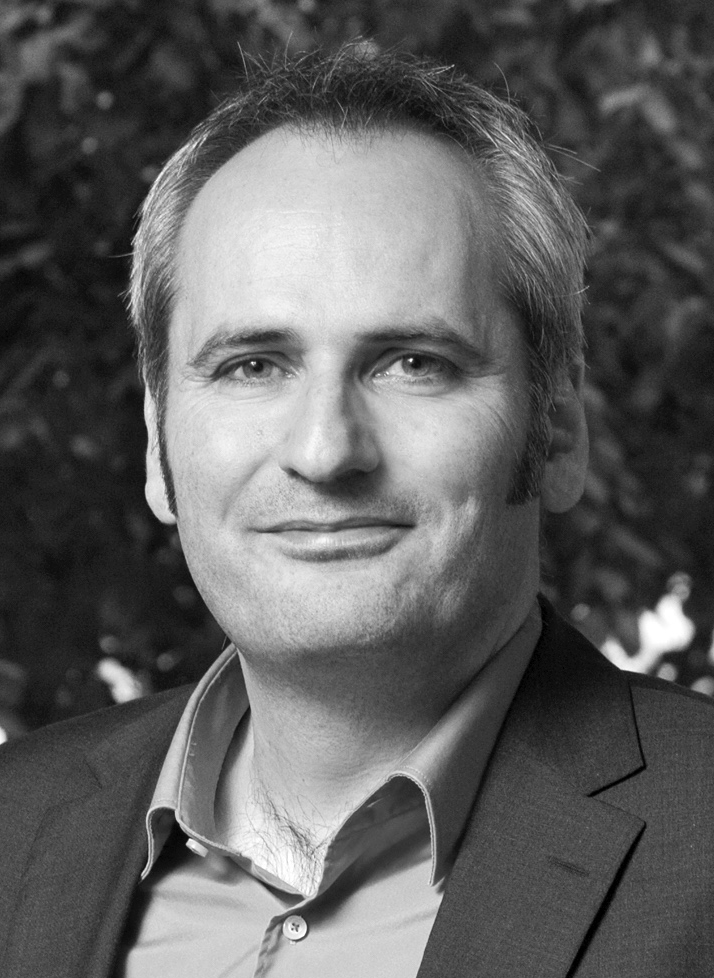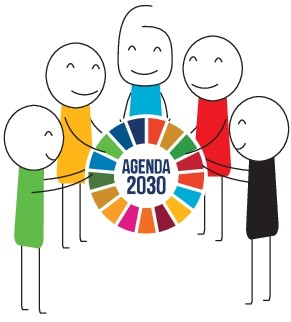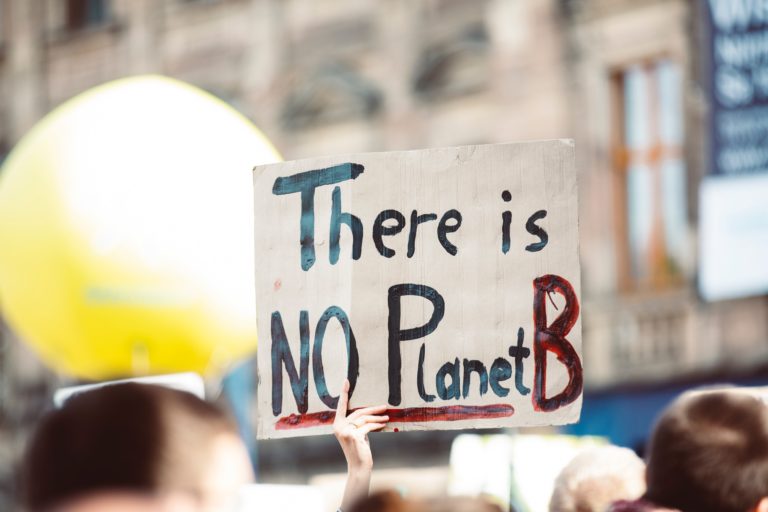Every month, we will publish an article that evolves around the topic that we are discussing. We will publish the articles in their original language. Thank you to everyone who contributes to this series of articles – and to inspirations moving towards a more sustainable and resilient society!
« L’agriculture régénératrice » – Karine Paris (Coordinatrice – Urban Gardening du CELL)
Parler d’agriculture régénératrice signifie avant tout parler de sol !
Contrairement à la permaculture qui consiste à concevoir des systèmes, l’agriculture régénératrice est un ensemble de méthodes de cultures qui passent avant tout à la régénération des sols. En portant un soin particulier à la qualité des sols, elle vise à produire une alimentation nutritive tout en ayant un impact positif sur le climat.
« How can fashion companies put in good use the largely unknown dyad immigration and fashion production to achieve social inclusion and agility in production? »
“Immigrants are the backbones of the fashion industry. From production to design houses, fashion has been predominantly run by immigrant populations. Even today, you go down the list of designers, I would say 80 percent of designers are immigrants. It would impact the fashion industry tremendously if we don’t have our voices heard.”
« Postwachstum und Regionalentwicklung » – Christian Schulz, Université du Luxembourg, Department of Geography and Spatial Planning
In Zeiten globaler Krisen-Phänomene (Armut/Hunger, Klimawandel, Migration/Flucht, Covid-19-Pandemie), die sich durch zeitliche Überlagerung und inhaltliche Wechselwirkungen in der öffentlichen Wahrnehmung verdichtet haben, haben Debatten über globale Ressourcen, ökologische Wachstumsgrenzen und mögliche Lösungsansätze jüngst eine neue Dringlichkeit erfahren. In diesem Kontext nimmt die Diskussion über so genannte Postwachstums-Ansätze eine prominente Position ein.
« Sou LIICHTMËSS Du en Ënnerscheed // Be the light of change! » – Zesumme fir d’Agenda 2030
Over the past months, the same questions have been running through Lou’s mind as she sits in her living room. What impact has the COVID-19 crisis had on society? How can the crisis be used to bring about sustainable change in Luxembourg both inside and outside the home? What role can Lou play in all of this herself? How can we all play a valuable role in bringing about social change? How can we become actors of change (AoCs)?
« What does a good night’s sleep cost you? » – José da Costa, director ErwuesseBildung
Initially, many months ago, I had decided to research the hell out of the topic of sleep, in order to provide you with a scientifically sound article, but rather than delivering an academically dry paper, I am taking the liberty of sharing my own personal experiences, based on the readings, tips and tricks, that have shaped my thoughts and actions on the matter.
« Repenser l’économie pour agir contre le dérèglement climatique : c’est possible ? » – REconomy Luxembourg
La pandémie de la covid-19 que nous traversons a paradoxalement ouvert autant d’espoir qu’elle a créé de désillusion. Brutalement confiné.es, pour la plupart d’entre nous, nous avons pu (re)prendre conscience de la valeur des choses essentielles, du besoin de rencontres et d’amitiés, du plaisir de cuisiner, de jardiner, de faire les choses soi-même. Les appels enfiévrés au « monde de demain » firent long feu. Et les appels incessants à la relance de l’économie (parfois verte) nous ont replongé.es dans le quotidien de la publicité et de la frénésie de consommation, et donc de son corollaire de production de CO2 qui est le principal facteur du dérèglement climatique, de la surexploitation des ressources naturelles et de la perte de la biodiversité.
